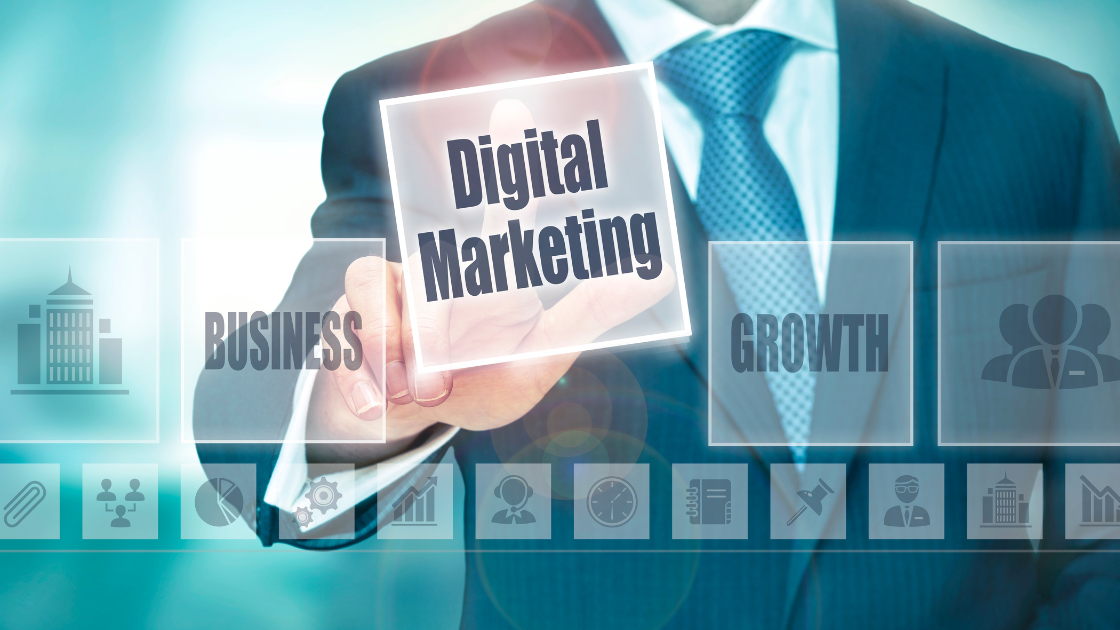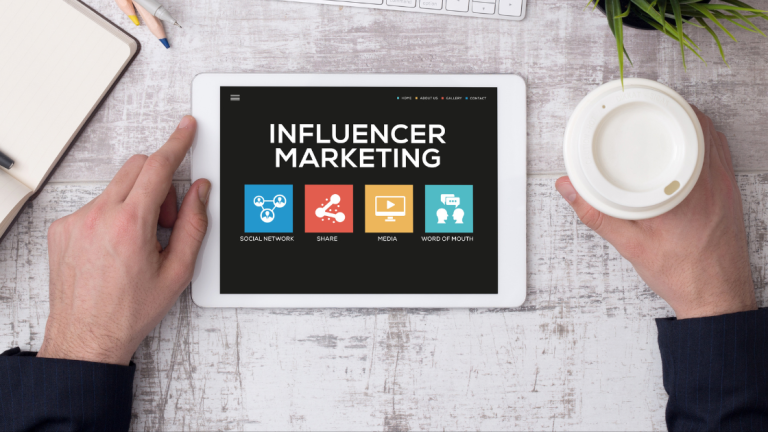With emerging technologies like AI, digital marketing and AI strategies heve changed their way of notion. According to recent reports, businesses using AI-powered tools for marketing, are witnessing notable improvements in customer engagement, conversions, and overall efficiency. The digital marketing scenario has been infused with new AI tools and technologies.
Companies are racing to create bigger and better tools to expand the network with the help of digital marketing and AI. In order to improve productivity and increase efficiency among marketers across industries. AI’s ability to handle and analyze vast amounts of data is impeccable. Helping majorly in analyzing customer behavior, predict outcomes, automate marketing tasks, and create personalized marketing content.
In this blog, we will understand the major changes in the digital marketing domain. Also, a exploration of AI’s importance in future-proof business strategies.
Impact of Digital Marketing and AI
According to survey, 64% of marketing professionals said they use AI tools in some form in their jobs, but the purpose and level of integration can vary widely. Just 21% of marketers said it’s extensively integrated into their daily workflows, though.
But how are they using it? Results indicate that the top three uses of AI in digital marketing are data analysis and reporting, used by 40% of marketers.
- Research, like market research or summarizing articles (39% of marketers).
- Creating content (38% of marketers).
There are some more use cases in which AI has been performing very well. Providing extra support for digital marketers to reach out to their potential clients. With support in handling data of big corporate giants to MSMEs.

Personalized Customer Experience
AI helps businesses present the right products to a customer at the right moment. While shopping online, AI analyses your preferences during shopping. It will suggest products or content you had selected before. Netflix and Amazon also depend on AI to recommend movies or products to their users. They will do so especially for you at that time.
Personalization makes the customer feel special. Companies use this to ensure that you return time and again to their products and services, because you are being taken good care of.
Data Analytics
AI enables enterprises to go through vast amounts of data in a very short period. It does, in fact, unearth patterns in what people buy or what they like viewing. That helps companies know what their customers want next. AI can even guess future trends based on past data. This information helps business to make wiser decisions.
Rather than making shots in the dark about what to make or sell, they now have real facts to support their plans. It helps save time and money. AI ensures that a business does not go on to waste its efforts in something people simply don’t care about.
Content Creation and Curation
AI can write blog posts, social media updates, and even product descriptions. AI tools whip out simple, clear content within no time and based on what people search for and like. It also curates and shares content relevant to piquing people’s interest. For instance, AI can send you articles, videos, or products based on your tastes.
This way, businesses easily involve their audience. AI will never replace creativity in humans, but it definitely will make creating and curating easier and quicker. This saves time for companies and allows them to carry on other operations.
Chatbots
AI-powered chatbots enable you to chat with them around the clock. You have probably chatted with one as soon as you have entered a website. Chatbots understand casual language and give useful responses in the fastest possible time. They get better every time from each conversation.
This allows businesses to interact with many customers at the same time, without having to have a live person answer each query. Chatbots make this possible— “customer service being swift and efficient”, so people can contact whenever they desire to.
Voice Search Optimization
A major chunk of people have started accessing voice assistants like Siri and Alexa to locate products online. The AI helps businesses effect changes to the sites to make them compatible with people’s conversational language.
If you search “What is the best pizza place near me? “AI can understand this natural speech and give you the correct answer. Businesses must adapt their online content to accommodate these voice searches. They are using long tail phrases or questions of conversation to match how people speak. This makes it easier for the business to pop up when someone is using voice search, especially as these voice assistants become very popular.
Deep Customer Insight and Engagement
AI is assisting in businesses to understand what people think about your business. It reads customer reviews, social media comments, and even chats to see what’s going right or needs fixing. AI tools pick up the gist of what customers are saying and then present to businesses the key details. This way, companies improve on their products or services.
They can improve as fast as possible depending on whether people like it or hate it. AI also helps in reaching out to customers better by ensuring that the right message is delivered at the right time in order for them to stay interested and loyal to the brand.
Pros and Cons of collaborating Digital Marketing and AI
Pros
- Personalization: AI is helpful to companies in giving highly personalized experiences. It makes recommendations for products, content, and services based on individual tastes, which definitely improve engagement and satisfaction.
- Efficiency: AI tools save time by automating tasks such as creating content, analyzing data, and doing customer service. This allows companies to spend more of their time on strategy and innovation.
- Better Decision Making: AI can analyze a huge amount of data to predict trends and behavior trends, thus helping businesses make wise decisions based on data.
- 24/7 Availability: AI chatbots bring customer support into play all the time, making the service constant without the employment of extra human resource.
- Cost Savings: Such automation reduces the requirement of a large marketing team, which can help businesses save money in the long term.
Cons
- Lack of Human Touch: Though AI is very effective, it lacks the feel that most customers require, particularly during cases where customer service is invoked.
- Over-reliance on data: AI relies much on the data. The latter, if wrong or biased, can lead to wrong decisions or a poor customer experience.
- Initial Cost: Setting up AI tools can be quite expensive to a business, especially small ones. Upfront investment may be high.
- Complexity: An understanding of and management of AI tools require technical skills, which may create a barrier for some companies.
- Personal-data privacy: AI makes use of personal data in improving customer experience. This brings forth the concern of data privacy and how it is stored and used.
What’s Next
AI is part of everyday life today, offering multiple benefits to consumers. Marketers have opportunities for enhancing customer experience, building brand loyalty, and growing revenue. Only mastery over AI and other new tools and trends will keep one ahead of the competitive race.
It is what keeps marketers up-to-date in areas such as SEO, email marketing, and social media. That said, while AI will surely help teams scale their efforts cost-effectively, there certainly exist some limitations pertaining to the technology. Although AI makes marketing easier, it by no means is going to replace human creativity and strategy anytime soon. So, let’s not worry for now and utilize the best out of this amazing duo of digital marketing and AI.







